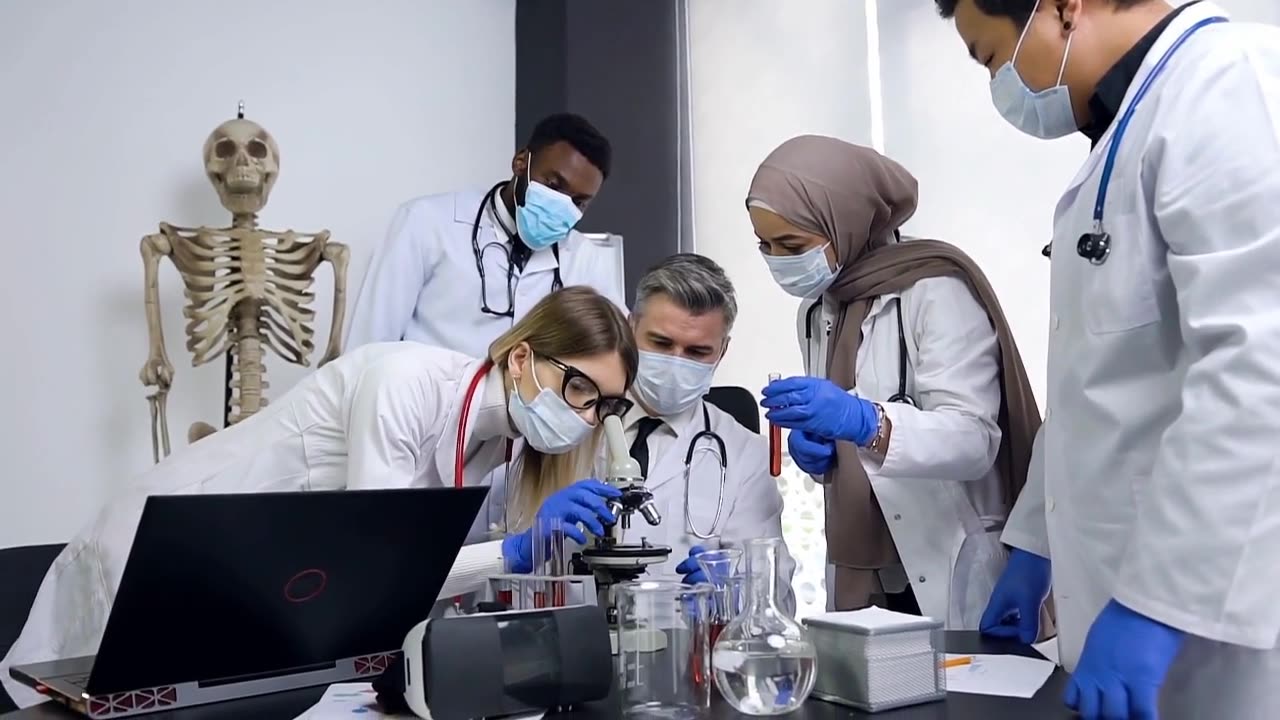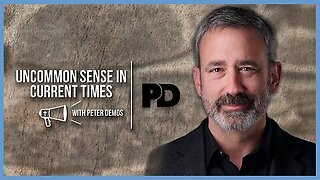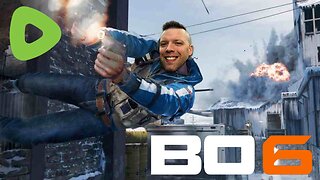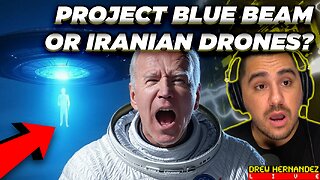Premium Only Content

The Quest for a Theory of Everything – Scientists Put Einstein to the Test
Long before Archimedes suggested that all phenomena observable to us might be understandable through fundamental principles, humans have imagined the possibility of a theory of everything. Over the past century, physicists have edged nearer to unraveling this mystery. Albert Einstein’s theory of general relativity provides a solid basis for comprehending the cosmos at a large scale, while quantum mechanics allows us to grasp its workings at the subatomic level. The trouble is that the two systems don’t agree on how gravity works.
Today, artificial intelligence offers new hope for scientists addressing the massive computational challenges involved in unraveling the mysteries of something as complex as the universe and everything in it, and Kent Yagi, an associate professor with the University of Virginia’s College and Graduate School of Arts & Sciences is leading a research partnership between theoretical physicists and computational physicists at UVA that could offer new insight into the possibility of a theory of everything or, at least, a better understanding of gravity, one of the universe’s fundamental forces. The work has earned him a CAREER grant from the National Science Foundation, one of the most prestigious awards available to the nation’s most promising young researchers and educators.
-
 28:29
28:29
Goose Pimples
19 hours ago7 SCARY Videos That’ll Make Your Knees Wobble
1782 -
 52:00
52:00
Uncommon Sense In Current Times
14 hours ago"Inclusive or Excluding? The Hidden Agenda Behind 'Happy Holidays"
54 -
 2:36
2:36
Canadian Crooner
1 year agoPat Coolen | Frosty the Snowman
5265 -
 55:02
55:02
Bek Lover Podcast
15 hours agoAl Qaeda Take Over of Syria Backed by US & Israel? More Strange News...
391 -
 4:04:32
4:04:32
Alex Zedra
6 hours agoLIVE! New Scary Game w/ Heather
103K3 -
 49:19
49:19
barstoolsports
10 hours agoThe Game is Officially On | Surviving Barstool S4 Ep. 5
107K1 -
 4:33:30
4:33:30
BSparksGaming
6 hours agoYou're Next FAVORITE Rumble Streamer! Hump Day BO6 Grind! #RumbleTakeover
27.6K2 -
 3:22:22
3:22:22
Pepkilla
7 hours agoCan we get to Silver II on ranked toniiiight ~
22.5K1 -
 5:00:49
5:00:49
Drew Hernandez
7 hours agoPROJECT BLUE BEAM OR IRANIAN DRONES?
41.5K19 -
 1:42:58
1:42:58
Kim Iversen
10 hours agoEvacuating My Christian Family from Al-Qaeda-Controlled Syria: Kevork Almassian | Trump To End Birthright Citizenship? Jamarl Thomas
130K54